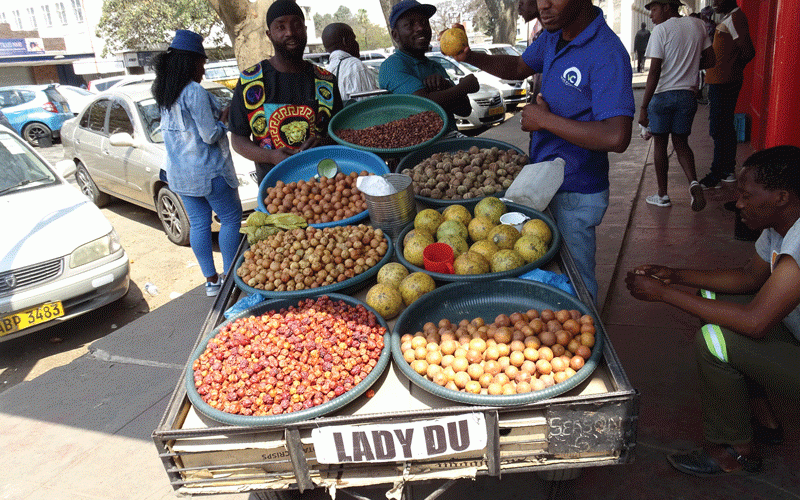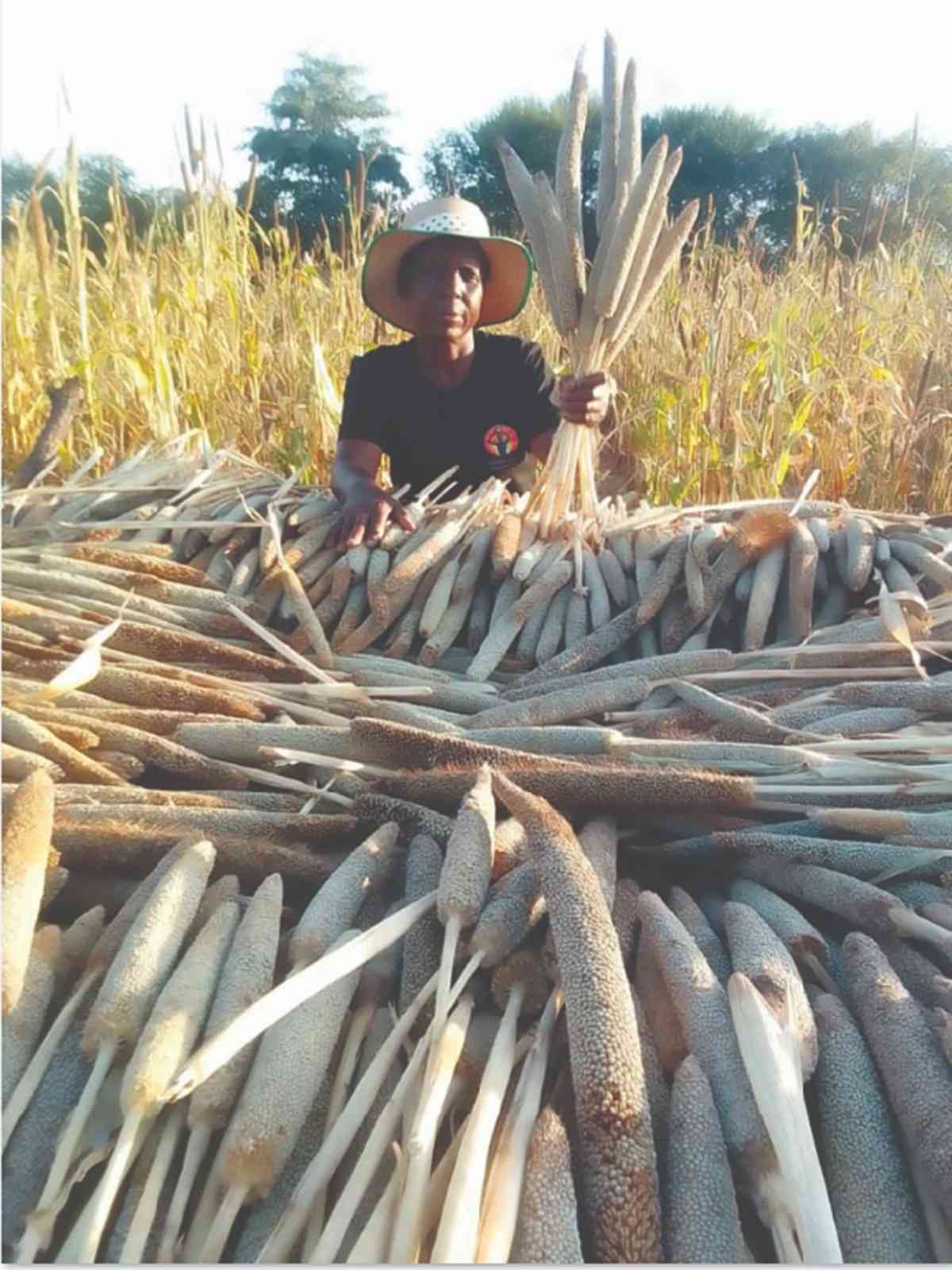
The government has acknowledged the growing threat posed by climate change to Zimbabwe’s indigenous fruit trees saying it is implementing a range of strategic policy interventions and conservation initiatives to protect these vital natural resources.
This comes after an in-depth investigative story recently by Truth Diggers titled: “Pushed to the Brink: Zimbabwe’s Indigenous Fruit Trees Face Extinction Due to Climate Change,” which revealed that rising temperatures, erratic rainfall, and human activity are driving some wild fruit species to the brink of extinction—particularly in drought-prone regions in some parts of Matabeleland North.
Acting director of the Climate Change Management Department in the Environment, Climate and Wildlife ministry Kudzai Ndidzano said the government welcomes the report’s findings and is taking them seriously.
“The Ministry of Environment, Climate and Wildlife acknowledges the findings in your recent report and appreciates your efforts in bringing awareness to the plight of these vital ecological and cultural resources,” Ndidzanosaid.
“We are implementing key policies and programmes that aim to ensure the long-term protection and sustainable use of indigenous fruit trees.”
Ndidzano pointed to several frameworks currently guiding government action.
“Among these are the National Climate Policy, the National Climate Change Response Strategy, and the National Adaptation Plan (NAP)—which collectively focus on enhancing national climate resilience through ecosystem-based adaptation strategies,” he said.
“These include the protection of vulnerable indigenous tree species.
- Govt to distribute grain as hunger stalks millions
- ‘Pfumvudza mitigates against climate change’
- Civic organisation launches climate action academy
- Pregnant girls turn to backyard abortion services
Keep Reading
“The government is also leveraging the Zimbabwe National Biodiversity Strategy and Action Plan (NBSAP), which promotes the sustainable use, conservation, and restoration of biodiversity—including wild fruit trees—through both in-situ and ex-situ methods.”
In addition, Ndidzano said the Forestry Commission has rolled out targeted tree-planting initiatives, with a focus on indigenous fruit species.
“These are promoted through the annual National Tree Planting Day and Tree Planting Season, both established under the Presidential Declaration,” he said.
“These interventions have brought relief to communities, enabling them to plant fruit trees as a livelihood activity for climate adaptation, with mitigation co-benefits,” he said.
Ndidzano said the government is also strengthening partnerships with non-governmental organisations, academic institutions, and community-based programmes.
“Key among these is the Community-Based Natural Resource Management (CBNRM) programme, which empowers communities to conserve natural resources,” he added.
“Collaborative efforts also include work with the CAMPFIRE programme, which supports the sustainable use of non-timber forest products—including indigenous fruits—as part of broader community livelihood strategies.
“Looking ahead, the Ministry is exploring the development of a National Indigenous Tree Conservation Programme (NITCP).
“The proposed initiative will catalogue threatened fruit species, establish seed banks and genetic conservation sites, and promote agro-forestry models that integrate indigenous trees into smallholder farming systems.”
In Matabeleland North, where the impacts of climate change are particularly visible, Provincial Affairs and Devolution minister Richard Moyo highlighted the urgent need for action.
“Climate change is a reality, and its effects are increasingly visible,” Moyo said.
“When the rains do come, they often result in floods that sometimes uproot wild fruit trees.
“Other times, we receive no rain at all. The absence of rain negatively affects these fruits—making them sour, smaller in size, or lacking juice altogether.”
Moyo said human-driven pressures such as veld fires, deforestation, and the indiscriminate cutting of trees for firewood are accelerating the decline.
“Some people, due to a lack of awareness, burn bushes, which destroys the ecosystem that supports these trees,” he said.
To address this, he said the government is ramping up public awareness campaigns that educate communities about the importance of conserving wild fruit trees and discouraging destructive practices such as bush burning.
Zimbabwe will host the 15th Conference of the Parties (COP15) to the United Nations Convention to Combat Desertification (UNCCD) later this month in Victoria Falls.
“The summit will serve as a platform to address these pressing environmental challenges on a global stage,” Moyo said.
“We hope that COP15 will catalyse more robust, long-term solutions and attract further support for our indigenous biodiversity.”
- This article was published under the Voluntary Media Council of Zimbabwe Investigative Journalism Fund with support from the Friedrich Naumann Foundation.
- Truth Diggers is the investigative journalism arm of Alpha Media Holdings (AMH). AMH are publishers of The Standard, Zimbabwe Independent, NewsDay and Southern Eye as well as the proprietors of HStv.









